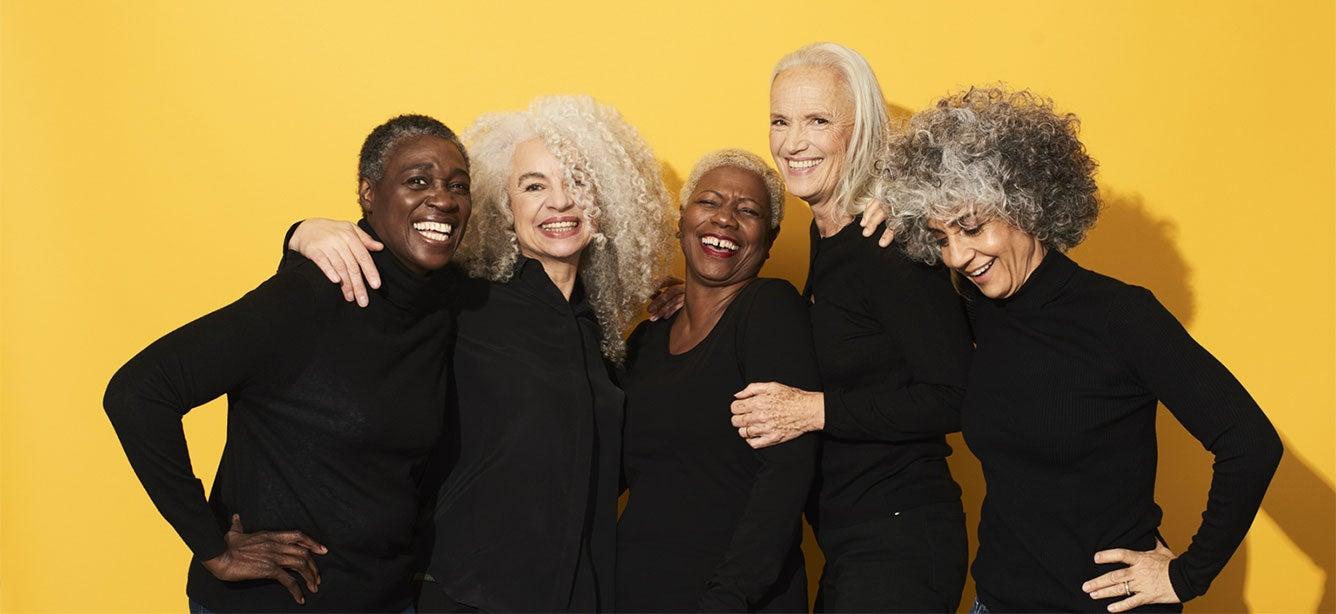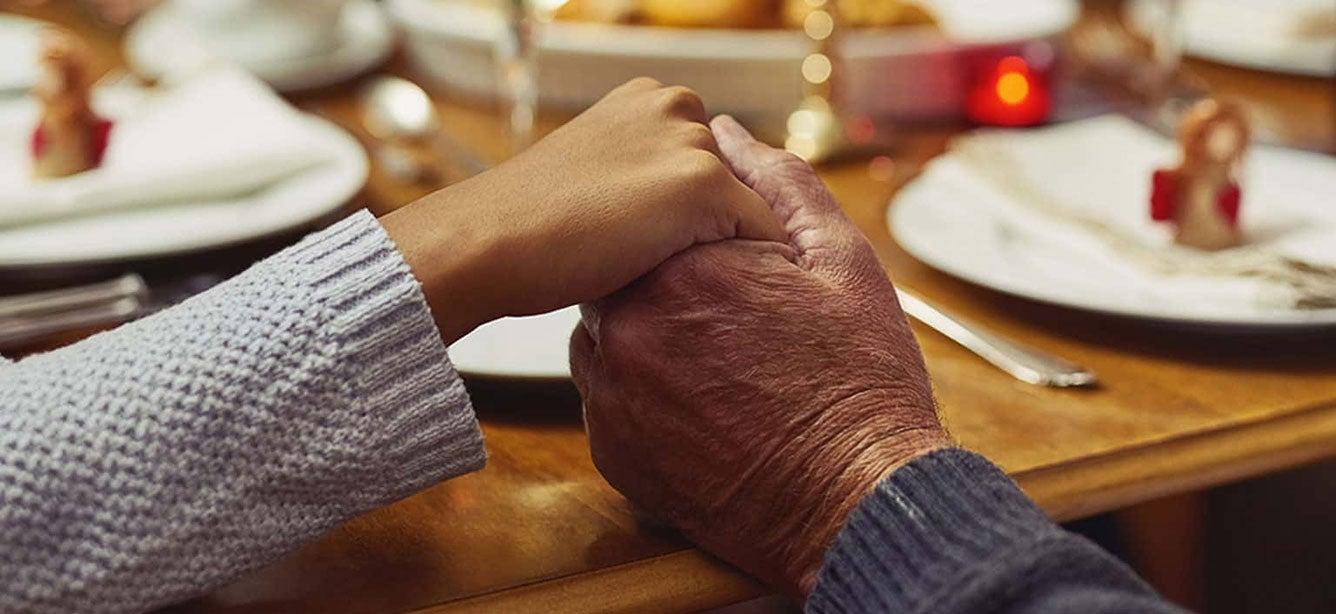
Related Topics
When I first learned about NCOA's Aging Mastery Program®(AMP) in 2016, CEO James Firman said that their research on what older adults wanted proved that they are just like anybody else. They want to be independent. They want to be good at what they do. They want to be part of something that makes a difference. And, they want to have fun.
Over the past 18 months, I have been working to scale this proven program in my home state of Colorado. Partnerships with a major hospital system (SCL Health), a health clinic serving HIV-positive patients, the African-American Health Center and their associated faith communities, a rural Meals on Wheels program, Area Agencies on Aging serving mountain communities, several YMCAs in southern Colorado, a transportation-focused senior resource center, and an urban food pantry have offered myriad communities for seeding the program in different settings.
Facilitating the opening class on “Navigating Longer Lives” is such a pleasure as classmates meet one another for the first time and are introduced to the major demographic shift of a fast-growing older adult population that is occurring in Colorado, the U.S., and most of the developed world. We reflect upon the gift of longevity in our lives and for society. I invite people to share what has surprised them about aging, and for what they are most grateful.
This class sets the group up for the topics to come: sleep strategies, financial fitness, fraud prevention, community engagement, advance directives, healthy eating, hydration, healthy relationships, and exercise. One could argue that this information can be accessed on the Internet, but the joy of the experience (and what makes classmates want to continue after graduation day), is the knowledge sharing and camaraderie among participants. Making small behavior changes that can be sustained is easier in a cohort of those making the effort as well. As Jean Bogar, who facilitates the program at the Seniors’ Resource Center outside of Denver says, “I think this should be called the Living Mastery Program. It’s great information for all ages.”
Read the second part of this blog series here.



